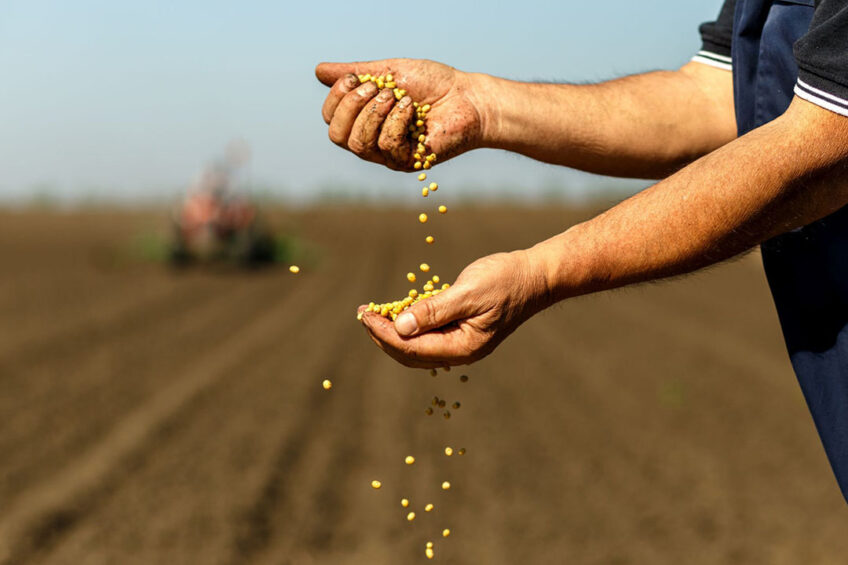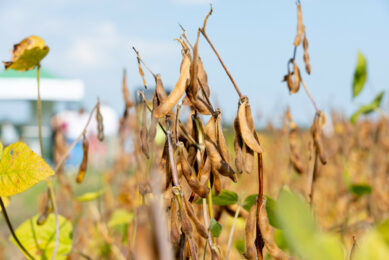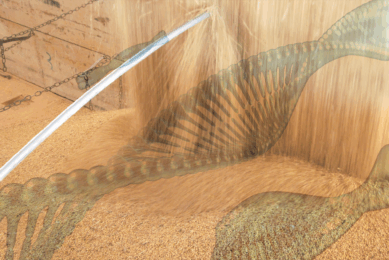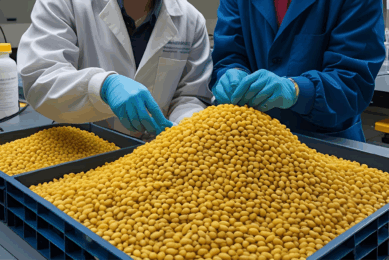Counter-sanctions put Russian soybean industry in peril

The Russian government’s plan to cancel a duty-free quota for soybean seed imports in 2024 will undermine business profitability in the industry and hurt export opportunities, Alexander Sanakin, president of the Russian Soybean Union, told a local publication Pole.
On December 11, the Russian Agricultural Ministry published a draft decree under which it intends to abolish the duty-free import quota on soybean seeds from “unfriendly countries” from January 23 to December 2024. The move is justified by a need to abandon the industry’s dependence on Western seeds, according to government officials.
A fundamental shift
The Russian soybean industry seed requirements are estimated at 180,000 tons per year, Sanakin said, adding that the share of locally manufactured seeds remains miserable. He asserted that if the planned restrictions are imposed, the Russian market will be come up short to this volume.
The decree contradicts the earlier government plans to gradually lower the share of imported seeds in the Russian soybean industry through 2030. The rationale behind switching to a new import-replacement strategy is not entirely clear.
A step-by-step import reduction sounds like a reasonable strategy, while the immediate refusal [from import seeds] could harm the entire industry, sharply lowering the export potential of soybeans produced in Russia
Alexander Sanakin, president of the Russian Soybean Union
Lack of alternative
The key problem is that the domestic seeds cannot yet allow farmers to grow products of the same quality. This applies not only to soybeans but also to most of the other crops, he admitted.
The Russian Soybean Union estimated that the majority of soybean seeds supplied to Russia are produced in NATO countries, with a small share of supplies coming from India.
“China also produces high-quality seeds but is in no hurry to share its achievements with us. South American countries, such as Brazil and Argentina, deal mainly with GMO soybeans; the supply of non-GMO seeds from there is also not large,” Sanakin said.
Joining forces
The Russian soybean union called on the industry to mobilise its resources in order to urge the authorities to prevent the decree from coming into force. Sanakin said that an appeal had been put together for the Russian presidential administration, in which farmers tried to explain the grave consequences of the planned restrictions.
“These consequences involve a drop in production volumes of the entire Russian agricultural industry due to an artificially created shortage of seeds of high-quality modern varieties,” he said, adding that business margins are also expected to suffer.
With lower yields from using domestic varieties, Russian farmers will have to expand the sowing area to maintain their output. In the end, the lack of imported seeds is likely to worsen the quality of the Russian agricultural products, Sanakin added.











